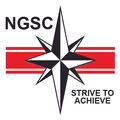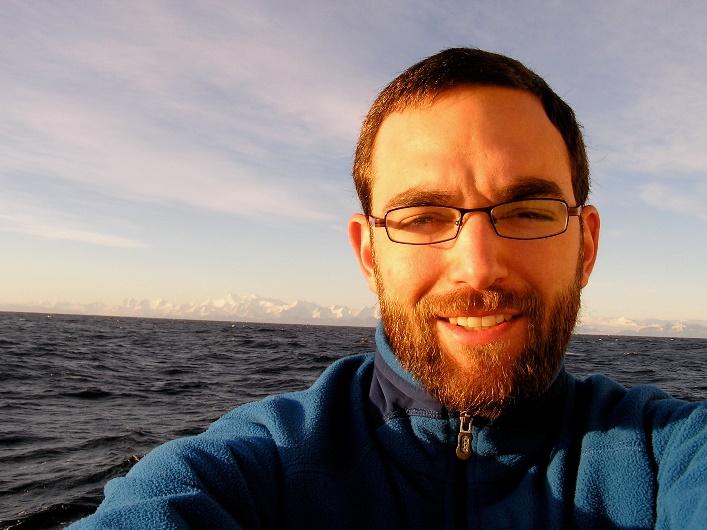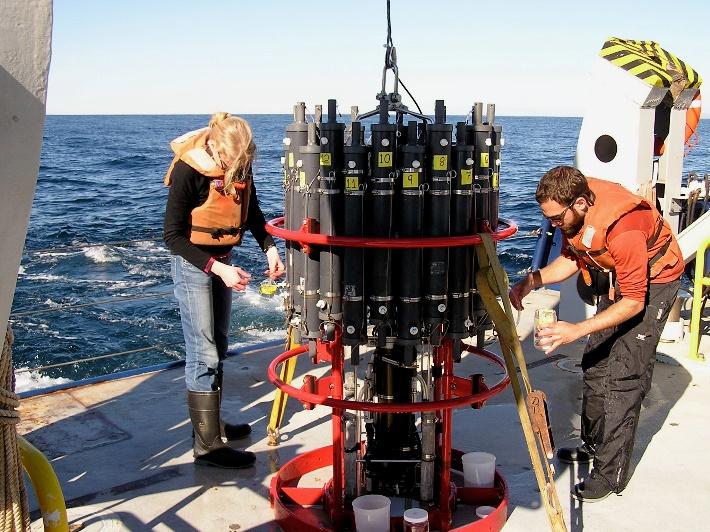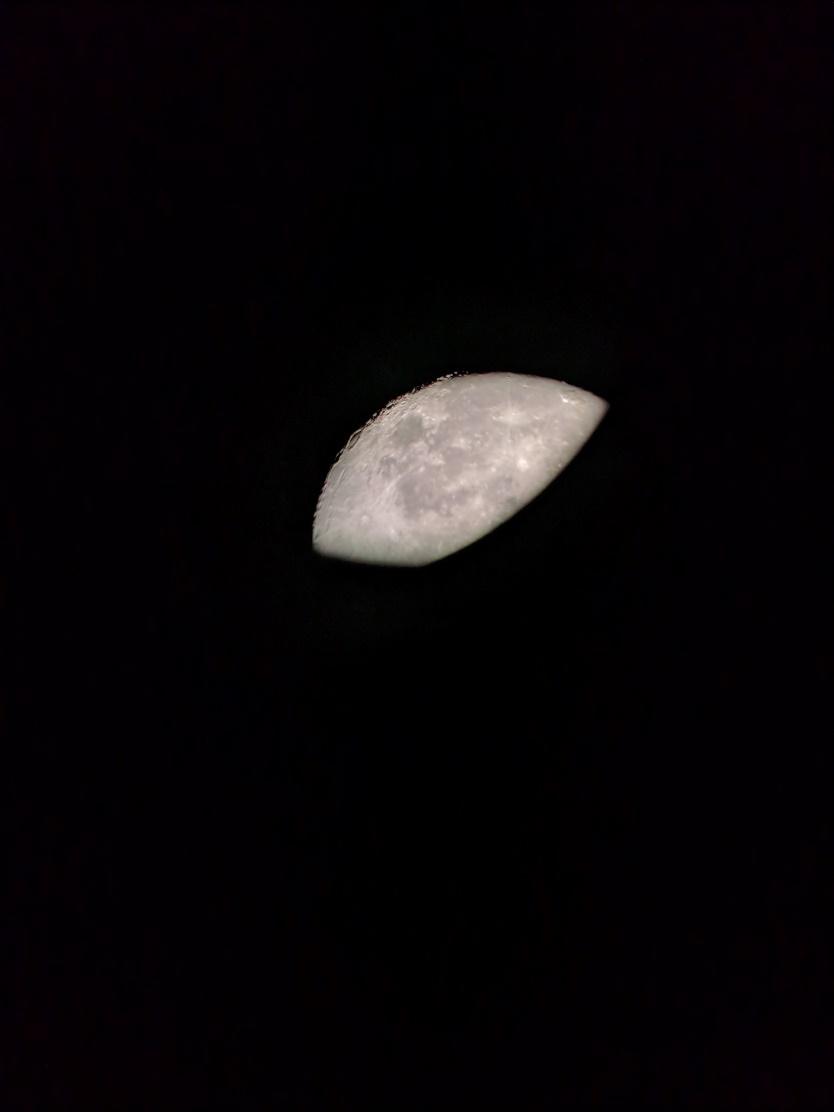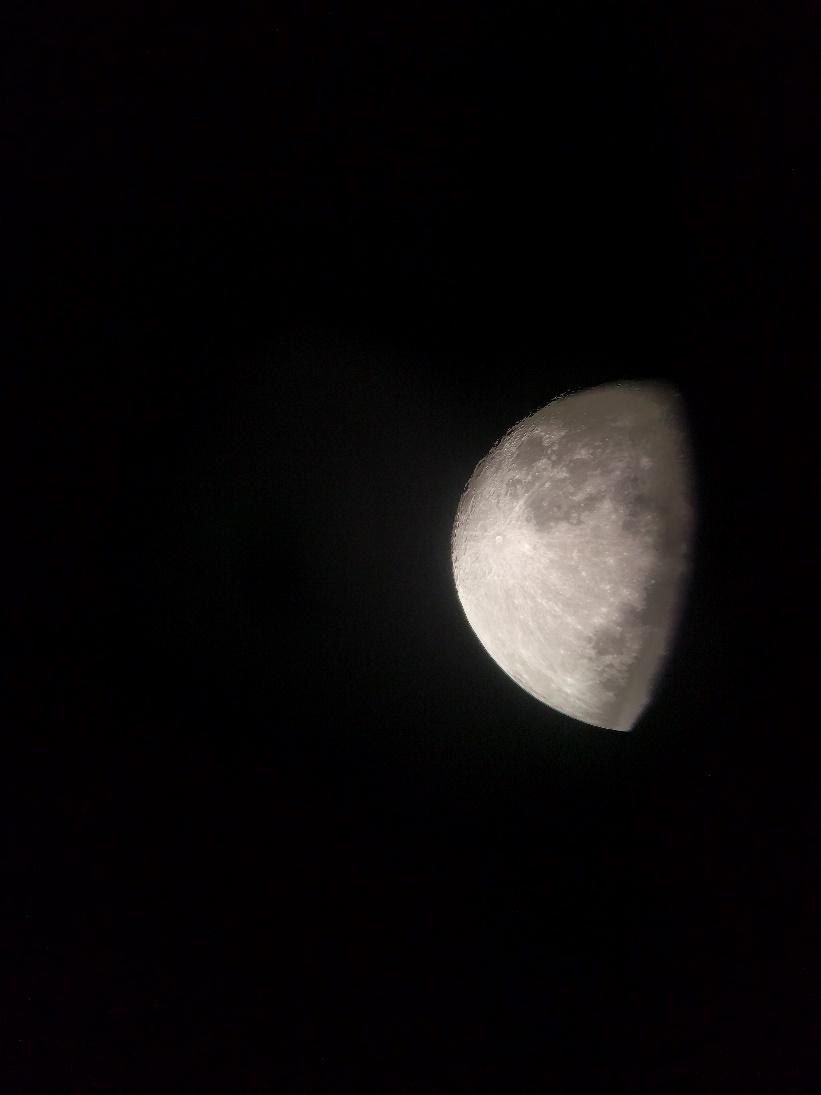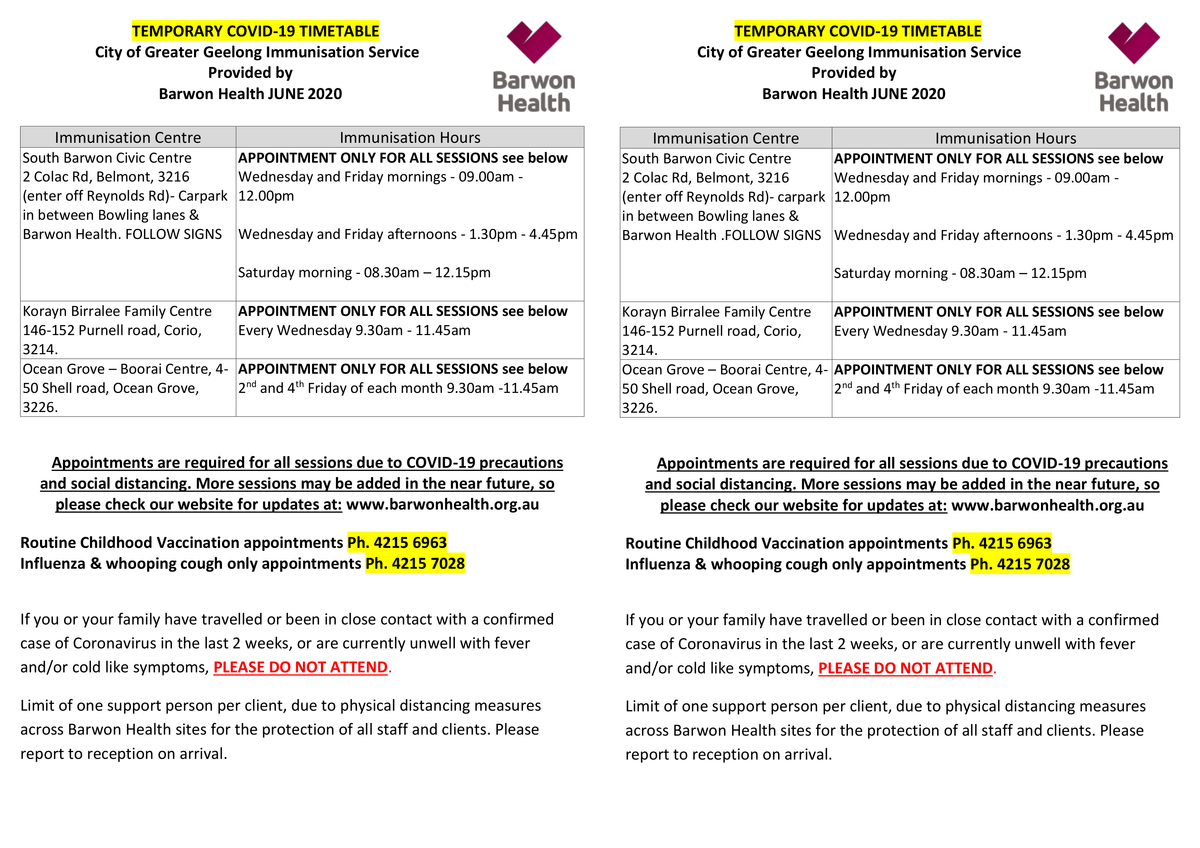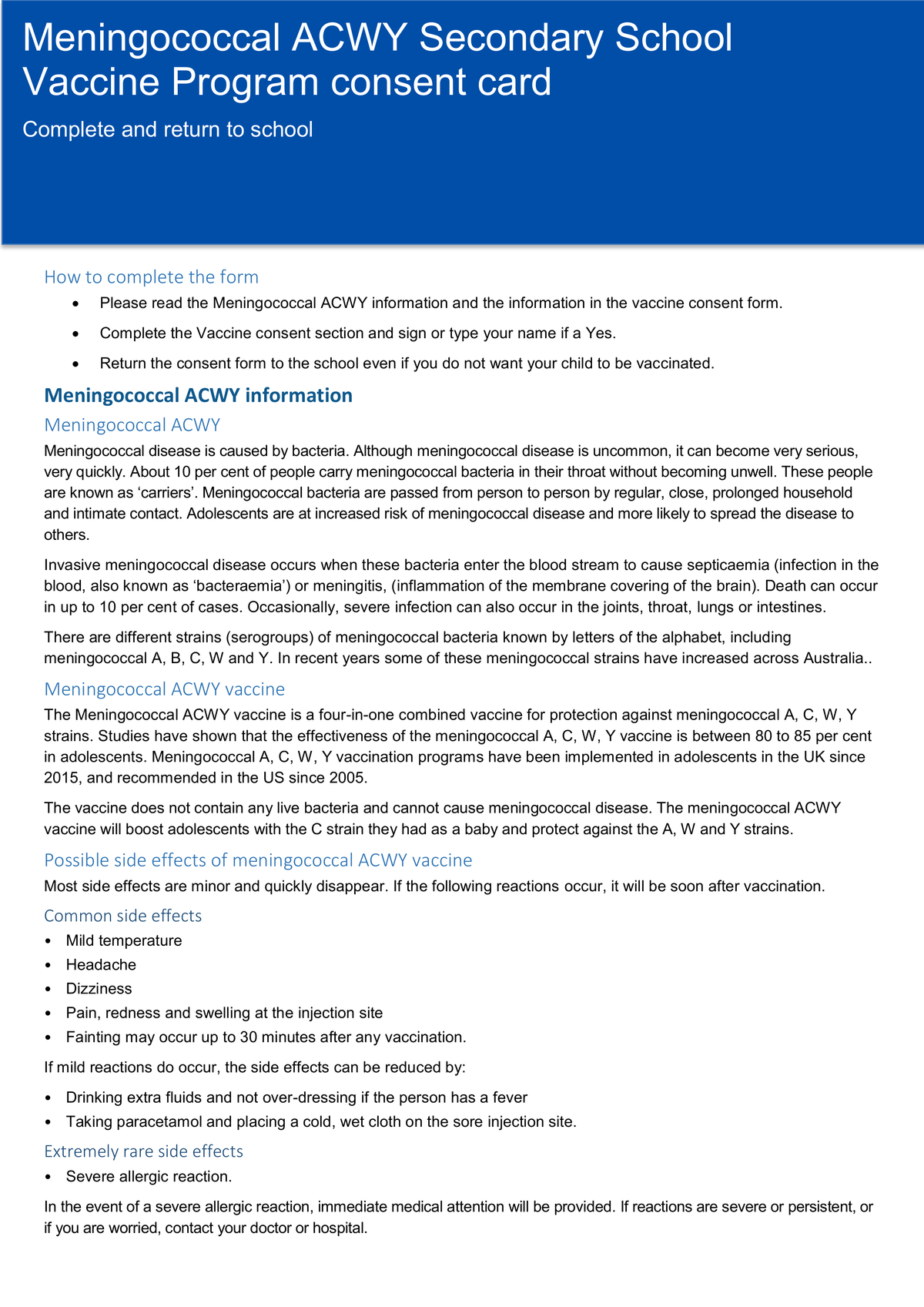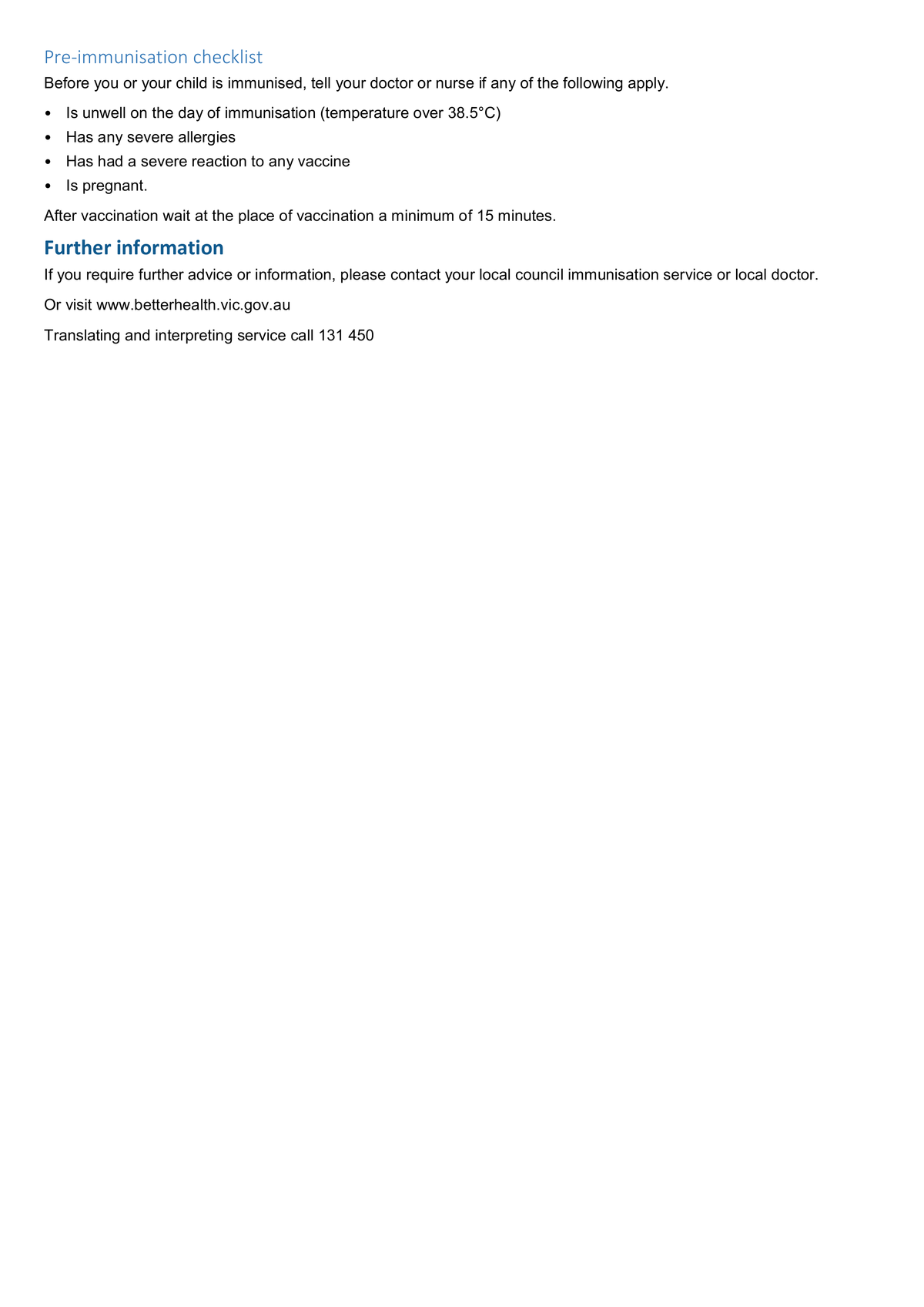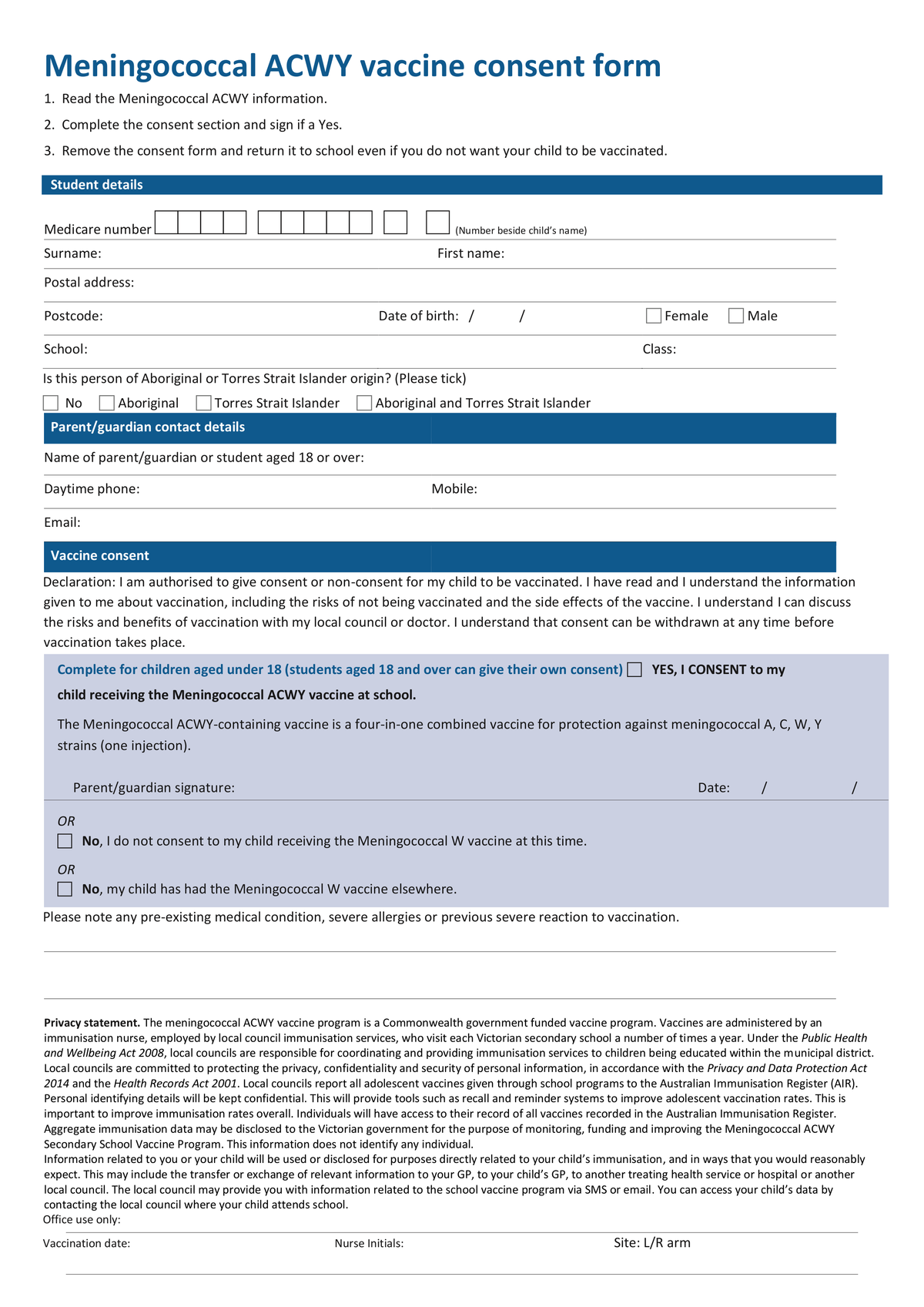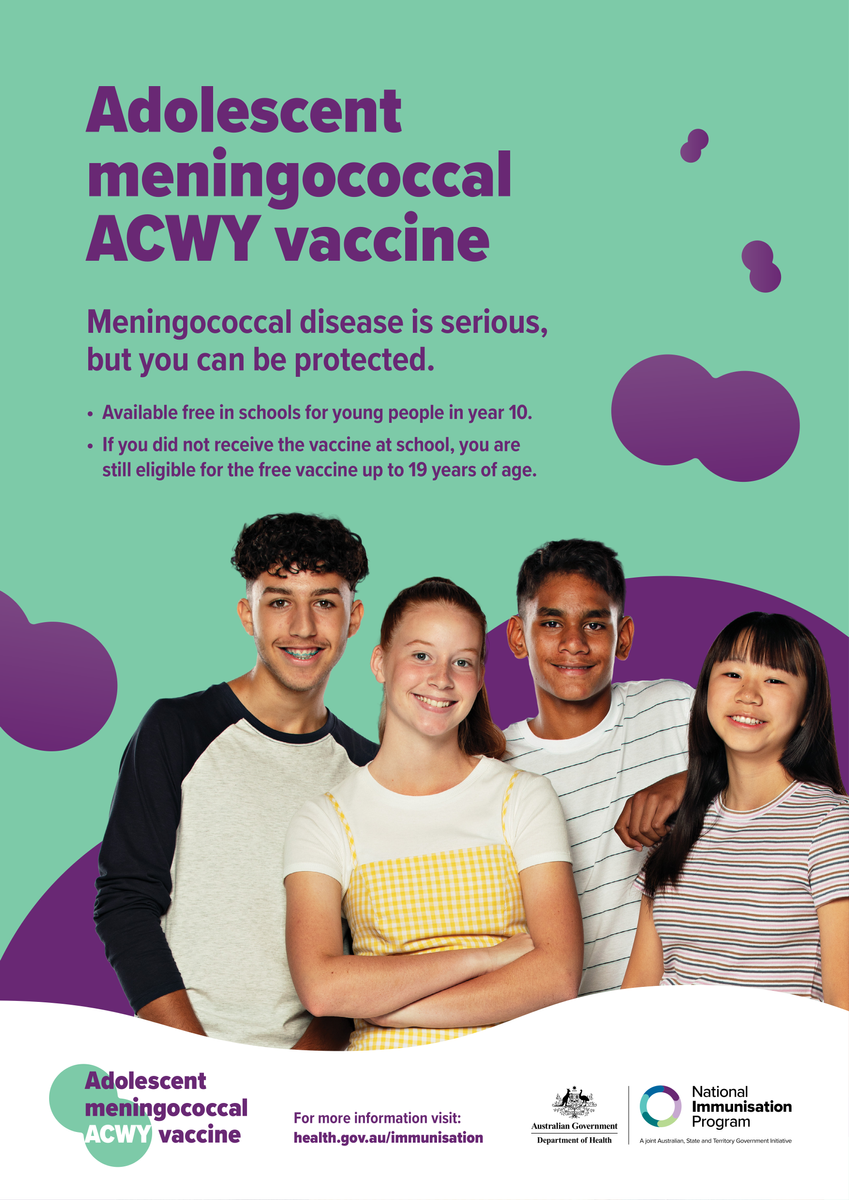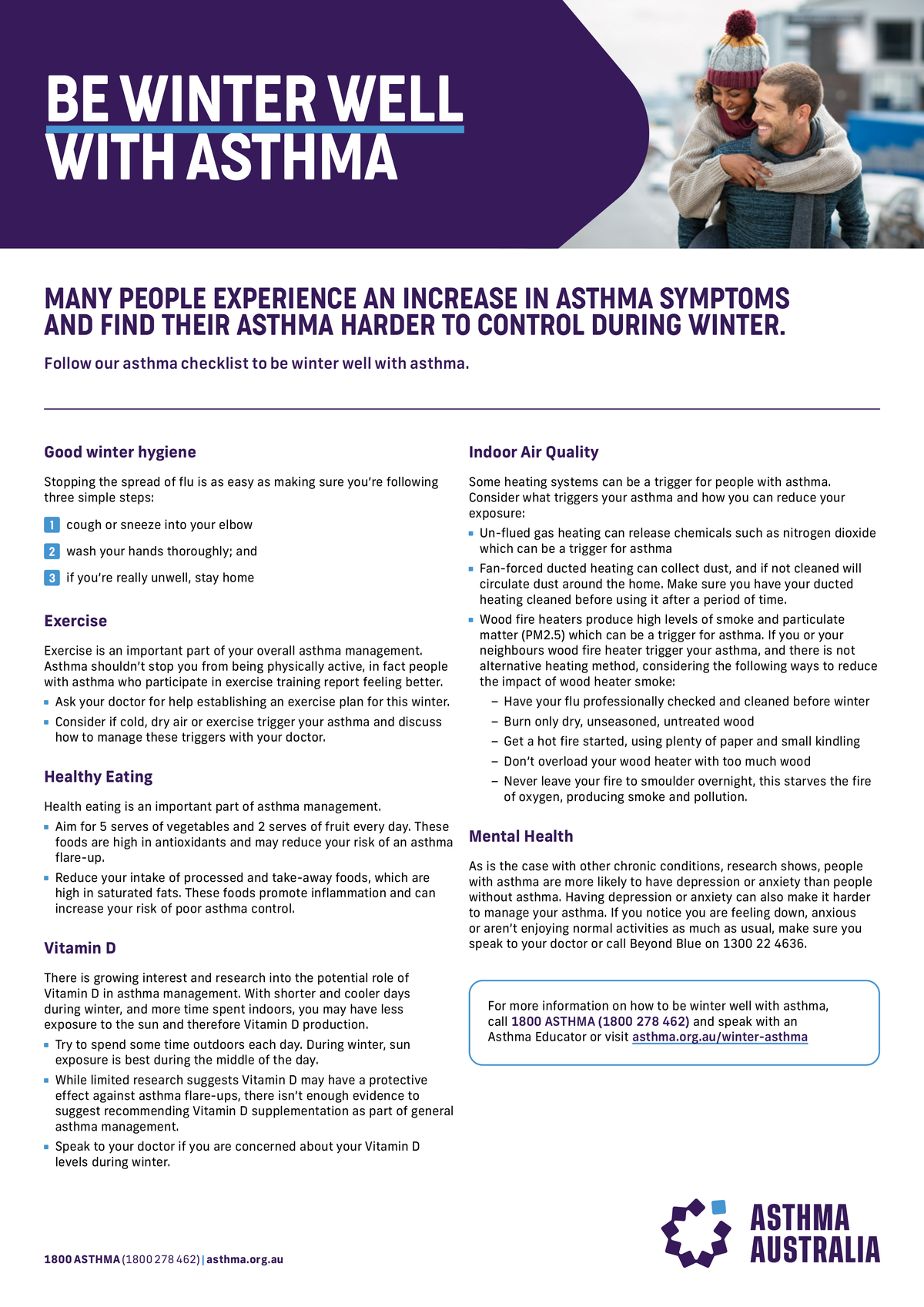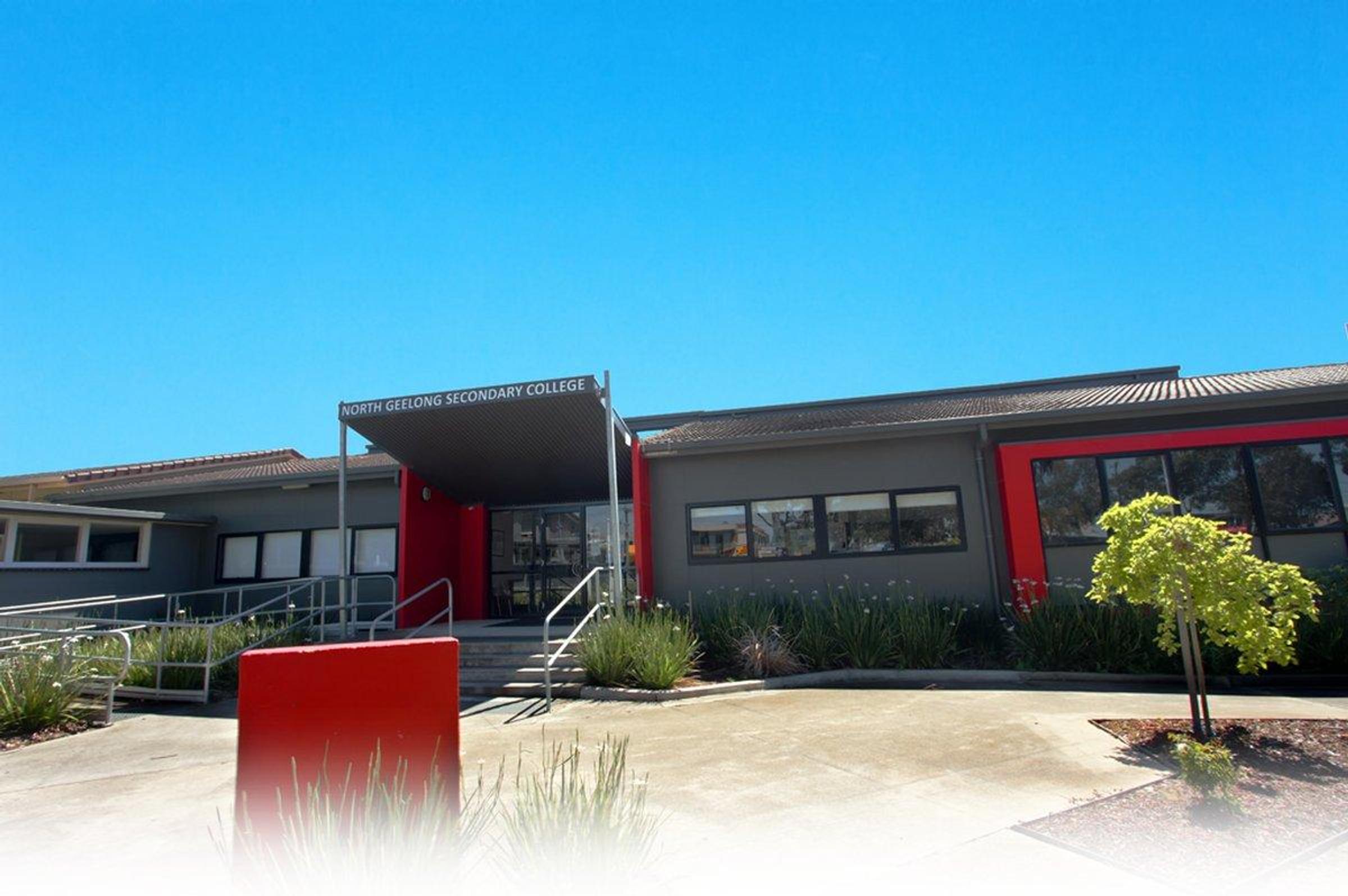
OTHER SCHOOL NEWS
Amy King
Science Manager
Science Week
This week has been National Science Week (15th – 23rd August) where we can celebrate science and technology. The theme this year is Deep Blue: innovation for the future of our oceans focussing on the importance of our oceans in terms of creating climates, absorbing carbon dioxide and the need to increase the sustainability of our ocean activities.
Our oceans cover more than 70% of the Earth’s surface and they are a vital source of life and nutrients for our whole planet. Our oceans are under threat from over-fishing, climate change and islands of garbage. Next year is the start of the United Nations Decade of Ocean Science for Sustainable Development. It is a great time for us to become more aware of our impact on the oceans and how we can support sustainable development in the future. More information: https://www.un.org/sustainabledevelopment/oceans/
This week is a great opportunity for us speak to our students about science outside of the classroom and this week Paul Schmieder shared his experience as an environmental scientist with his Year 10 Biology/Environmental class.
Before becoming a teacher, Paul spent time investigating the geology of the sea floor in the Arctic Ocean and gas exchange between the oceans and atmosphere in the Southern Ocean. This is the ocean that borders our southern coast of Australia. This is relevant for understanding how the increases in carbon dioxide in our atmosphere affect our oceans. When ocean water absorbs carbon dioxide, an acid is formed. This changes the way our Great Barrier Reef can continue to live. A great concept to think about.
To investigate this, scientists collect water samples to see what is changing in our waters. As a teacher, Paul Schmieder states: “I was only 20 years old when I landed the opportunity to become a scientist assisting with research in the Arctic Ocean at University. This is only 2 years out of Secondary school! If you have an interest or motivation, there are opportunities to investigate the world at a young age. So, continue to investigate the sciences and ask questions!”
Mr Schmieder on the Southern Ocean.
Collecting water samples.
This week we shared different resources with the students to get involved with Science Week. There is a Science Week quiz and the Melbourne Aquarium has mindfulness videos of their different residents if you need a chill moment.
There are a number of DIY Science activities that can be completed at home with everyday materials. Full list here: https://www.scienceweek.net.au/diy-science/.
Some of these include delicious activities like making jelly lenses to look at the refraction of light, or making your own sherbet. There are information sheets about exploring the night sky or the living things around your house. I got out in my backyard one weekend to view the moon, but I need to work on my photography skills!
There are activities for every scientist. Stay safe and curious about the world around us. Happy Science Week!
Year 10 Meningococcal Immunisations
All consent cards need to be returned to school for the upcoming immunisations. Barwon Health has sent texts/emails to remind you that your child’s card has not been returned. All cards are to be returned with either the YES or NO box ticked. Barwon Health are collecting cards from the NGSC Administration Office on Tuesday 25th August. A form to download will be made available on compass news. Contact the school for further advice about consent cards.
Please check the Barwon Health timetable (attached) if you prefer to use the clinics for this immunisation.
AVOID MISTAKING HAY FEVER AND ASTHMA FOR COVID-19
As Australians approach pollen season, Asthma Australia is urging the one in five Australians who get seasonal allergies to act now – to avoid experiencing symptoms which could be mistaken for COVID-19.
The health advice comes as Asthma Australia launches its ‘Live well with asthma this spring’ campaign amid rising concerns of how to tell if allergies, asthma or COVID-19 are causing symptoms.
Hay fever is common in people with asthma and symptoms can present like COVID-19 and include a runny nose, blocked sinuses, cough, sneezing, itchy eyes, shortness of breath and fatigue.
Asthma Australia CEO, Michele Goldman, said people can take the worry out of seasonal allergies and asthma by taking preventative action, helping to stop symptoms from coming on.
“If you get on top of your allergies and asthma, you have a clearer picture of any new or worsening symptoms which may be caused by other things, like the COVID-19 virus”, she said.
People with uncontrolled allergies and asthma are more likely to get symptoms and touch their face more frequently due to a runny nose, cough and irritated eyes. This is known to be a way people can be infected by COVID-19.
Asthma preventer medications and nasal steroid sprays are effective in reducing symptoms but do take a few weeks to be fully effective, which is the reason behind Asthma Australia’s early push before the spring pollen season.
“In a pandemic, if you can prevent sneezing, a runny nose, rubbing your eyes and getting shortness of breath, you should - it will be better for you and those around you,” Ms Goldman said.
To treat hay fever and asthma, people are encouraged to talk with their pharmacist or their doctor and arrange a telehealth appointment if presenting with symptoms.
“If you can, it’s advisable to get an allergy test so you can identify exactly what’s ailing you. A written Asthma Action Plan and an allergic rhinitis treatment plan (hay fever) are both highly important to manage your asthma and allergies”.
Pollen season is already starting in South Australia and Canberra, which may have people “achooing” already. Mobile Apps like AusPollen and AirRater are now active and can help people check pollen levels.
Asthma Australia is encouraging people to follow health advice and get tested for COVID-19 if they are presenting with any symptoms that could be linked to the virus.
“Don’t take risks. If you’re unsure, get tested. If you’re treating asthma and allergy regularly and symptoms persist or change, like a new continuous cough or fever, please seek further medical advice,” Ms Goldman said.
For information about managing asthma during spring, please visit the Asthma Australia website or for help please call 1800 ASTHMA (1800 272 462).
If you think you have symptoms of coronavirus, call the national hotline on 1800 020 080 or visit www.health.gov.au or your state health government website.
Where to get Tested
If you develop symptoms, however mild, the Australian Government's recommendation is to stay home and get tested.
COVID-19, Barwon Health, Testing locations in Geelong
(as at 30/07/20)
General Practitioners (GPs) are usually the first contact point if you are concerned about COVID-19. You may also call the Department of
Health and Human Services hotline available 24/7 on 1800 675 398.
In a medical emergency, go to the emergency department or call 000. Please let the emergency services know in advance that you are concerned about COVID-19.
A number of screening services are available in the Geelong region for people with symptoms of COVID-19:
- Norlane: Barwon Health North
- Geelong: Barwon Health Private Hospital
- Belmont: Kardinia Health
- Newcomb: 4Cyte Pathology
- Ocean Grove: Epic Health
- Torquay: Torquay Community Health Center
Symptoms of COVID-19 include: fever, cough, sore throat, shortness of breath, chills or sweats, runny nose or loss or change of smell. In certain circumstances headache, muscle soreness, stuffy nose, nausea, vomiting and diarrhoea may also be considered.
Appointments are required at most centres. You can book an appointment at a screening service by contacting them. Two local Geelong Clinic details are:
- Barwon Health - North Geelong (Drive-through clinic over the age of 17 and in-hospital clinic under the age of 17) Booking required phone: 4215 4445. Corner of Cox Road and Princess Highway, Norlane, VIC 3214
Clinic open: Daily 08.30 - 16.00. Drive through: Daily 10.00-15.30 - 4Cyte Pathology, Newcomb (Drive-through clinic all ages). Referral needed contact your GP - address: 46 Bellarine Highway, Newcomb, 3219.
Weekdays: 8:00 am - 5:00 pm
Saturday: 11:00 am - 2:00 pm - Barwon Health Acute Respiratory Assessment Clinic
Appointments Only
10am - 6pm weekdays
10am - 5pm weekends
University Hospital Geelong, Building B (Former Geelong Private Building), Bellarine Street
Ph: 4215 4445
You must return home immediately after the test and remain in self-isolation until you receive your test result.
For more information visit the Barwon Health Website: https://www.barwonhealth.org.au/coronavirus/where-to-get-tested
Asthma Australia
Be Winter Well
Noone Uniform Retail Shop Changes
Noone’s operational changes during the current Covid-19 restrictions.
Retail Division
Due to Stage 3 Covid-19 restrictions and with the return to home learning, our on-campus retail uniform shops will be closed until further notice. Our online delivery service will continue throughout the next six weeks.
Our Victorian Regional stores including the Geelong Store will remain open for limited trading at the following times:-
Geelong Store – We will be open for the following hours as per below:
Friday, 7 August, 2:00 pm - 5:00 pm
Saturday, 8 August, 9:00 am - 12:00 pm
Then for the following six weeks
Monday, Wednesday and Friday, 2:00 pm- 5:00 pm
Saturday, 9:00 am - 12:00 pm
For any further assistance, customers are welcome to contact Noone Head Office on telephone 9379 5037.
Merryl Arnold
Adolescent Health Nurse
Cyber-safety
Parents and carers need to maintain the lines of communication with the children in their care, especially when it comes to cyber-safety. We spend much time teaching children personal and road safety and we ought to spend time teaching them cyber safety. Young people learn to look both ways before crossing the road and so too should they look both ways before posting something online.
- Look towards how it might affect the person receiving the text, email or posted message.
- Look towards how it might affect their own privacy, reputation and safety.
Young people need to know that the personal information they share remains online and can be accessed by anyone: friends, family, teachers, future employers, online sex offenders….. Anyone.
What can young people do to protect themselves?
- Don’t post any images or videos you wouldn’t be happy for your parents or grandparents’ to see. Once something is online you cannot control who sees it.
- Think before you post a comment, send a text or email. If you wouldn’t say it to someone’s face, don’t say it online or via text.
- Protect your personal information. You wouldn’t give your phone number or addresses to a stranger on the street, so don’t do it online.
Year 11 VCAL
Isolation Activities Website
If you feel isolated and are bored, try baking, crafting, building, gaming, exercising or mindfulness actives and more!
Be sure to visit our website developed by the Year 11 VCAL students, and complete the survey under the “Feedback” tab.
https://cli000574.wixsite.com/isolationactivities
